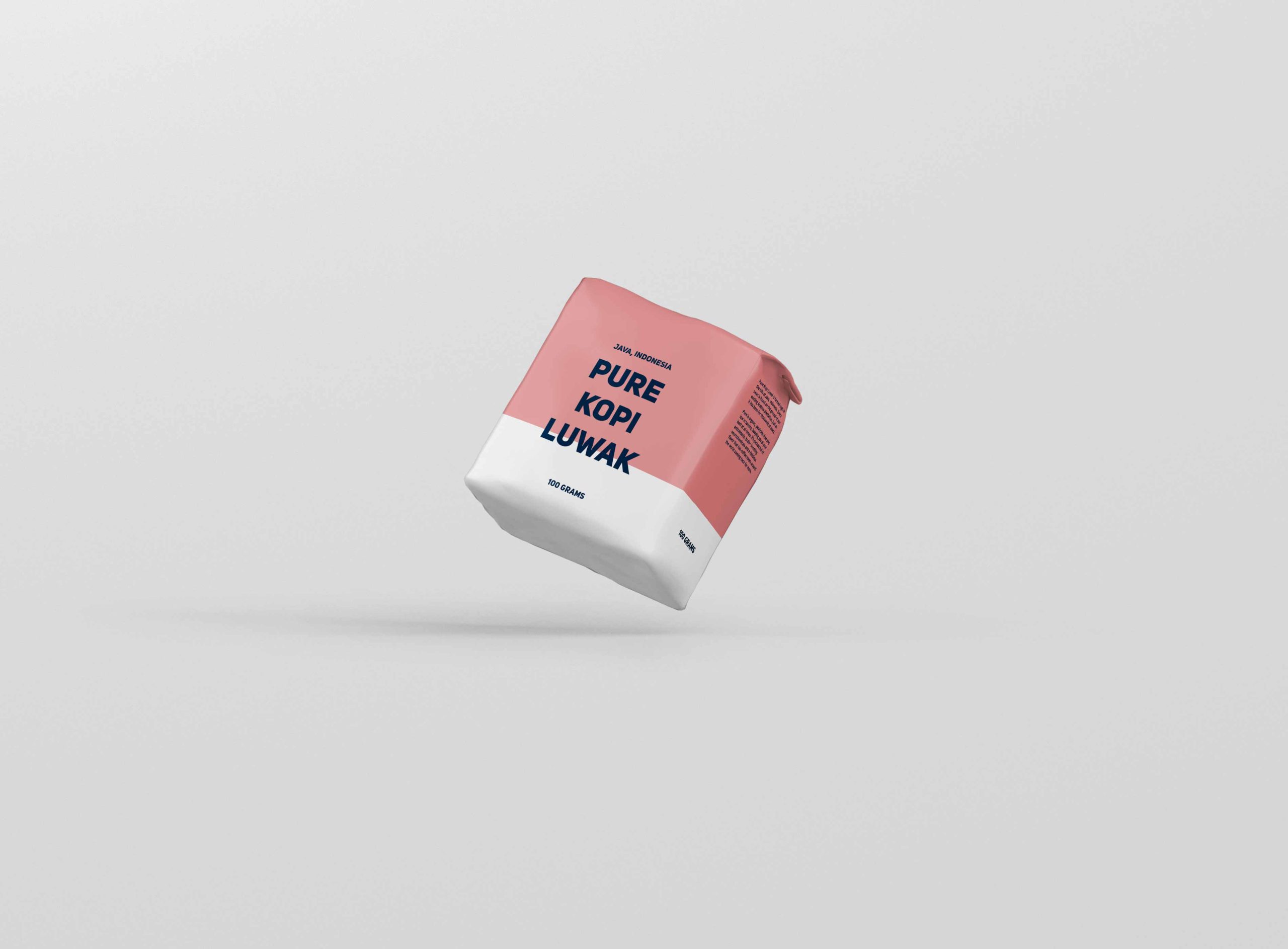Understanding The Kopi Luwak Production Process
Kopi luwak is known for its unusual production process. Rather than being harvested directly from coffee plants, the beans are first eaten by civet cats. The civet cats select only the ripest coffee cherries, swallow them, and pass the beans through their digestive system. The beans are then collected from the civets’ droppings, cleaned, roasted, and brewed into an exclusive cup of coffee. At a glance, it might sound off-putting, and many people ask whether this process is truly hygienic.
The Role Of Digestion & Fermentation
While the idea of consuming something that has passed through an animal’s digestive tract seems strange, the key to kopi luwak’s appeal lies in its fermentation process. Inside the civet’s gut, enzymes break down certain proteins in the coffee beans, resulting in a smoother, less bitter flavor. After the beans have gone through this biological change, they take on a unique taste profile that many coffee enthusiasts describe as earthy, mellow, and complex.
From a hygienic standpoint, the fermentation process itself doesn’t inherently make the beans unsafe. Many types of fermented foods are considered perfectly safe and even beneficial. The real question is how well the beans are cleaned afterward. If the beans are thoroughly washed, dried, and roasted at high temperatures — as they are in our coffee — the harmful bacteria and potential pathogens are destroyed. The roasting step also reaches temperatures well above the boiling point of water, which will kill off any lingering microbes.
So yes, kopi luwak is completely hygienic. We get why you’re concerned, but the science shows that it’s a totally safe, hygienic variety of coffee you can feel comfortable drinking.
Civet Coffee vs. Traditional Coffee: Processing, Cleanliness & Hygiene
Compared to standard coffee production, which involves picking cherries, removing the pulp, and drying and roasting the beans, kopi luwak adds one extra step: the passage through the civet’s system. Traditional coffee beans undergo extensive washing to remove pulp and residue before roasting. Kopi luwak beans must undergo similar or even more intensive cleaning to remove any trace of animal waste. Reputable producers are careful about ensuring that the beans are properly sanitized. In many cases, the beans are washed multiple times, sun-dried, and subjected to quality checks to ensure there’s no contamination.
In theory, kopi luwak can be just as clean as any other coffee, provided that the producer follows strict hygiene standards. The beans should be sourced from reputable farms that care about cleanliness, proper animal welfare, and ethical practices. Unscrupulous sellers might skip steps or fail to meet sanitation standards, so paying attention to the source of the coffee is key.
Concerns About Animal Welfare & Ethics
The ethics behind kopi luwak production often overlap with concerns about cleanliness. Historically, the beans were collected from the droppings of wild civets that roamed freely, choosing their favorite cherries on their own. As kopi luwak gained popularity and commanded high prices, some producers began capturing civets and keeping them in cages. This shift has raised questions about cruelty and unsanitary conditions.
Caged civets might be forced to eat coffee cherries constantly, living in cramped, dirty conditions that aren’t ideal. Besides the ethical issues, poor living conditions can also lead to unhealthy civets, potentially affecting the quality and cleanliness of the beans they produce. If you’re trying to ensure you’re getting hygienic kopi luwak, it’s worth looking for products sourced from wild civets or farms that prioritize animal welfare. Such operations are more likely to take cleanliness seriously, resulting in a safer, more ethically produced coffee.
Verifying Authenticity & Quality Control
Not all kopi luwak is authentic. The coffee’s high price tag and exotic reputation make it vulnerable to fraud. Some producers might label ordinary beans as “kopi luwak” to cash in on the hype. In other cases, they might mix in only a small percentage of real civet coffee with regular beans and sell it at a premium. This isn’t just a financial concern; it can also affect hygiene. Without proper oversight, who knows what sanitation standards these fake products meet?
If you’re interested in trying kopi luwak, look for reliable sources that provide transparency about their production process. Look for photos of the brand visiting their farm (you can find some of our photos here), not just faceless brands that don’t show their supply chain. A brand should detail how they collect their beans and how they ensure cleanliness every step of the way, which means including information about washing practices, drying procedures, and the roasting process. The more transparent a producer is, the more confident you can be that the coffee is not only authentic, but also handled with care and cleanliness in mind.
Is Kopi Luwak Safe To Drink?
If handled properly, yes, kopi luwak is safe to drink. The beans go through multiple phases of cleaning and roasting, which eliminates most health risks. When the beans are carefully sourced, washed thoroughly, and roasted at high temperatures, the final product should be similar in safety to conventional coffee.
Still, there’s a difference between something being safe and something being pleasant to think about. The idea of animal digestion playing a role in the production might be enough to turn some people off, no matter how hygienic the process may be. It all comes down to trust and preference. If you trust the source and the coffee’s journey from farm to cup, you’re more likely to find it acceptable, both ethically and hygienically.
In the end, the hygiene of Kopi Luwak depends almost entirely on responsible sourcing, careful processing, and transparent producers. When all these factors align, what you get is not just a rare coffee with an unusual story, but also a safe and thoroughly hygienic cup that can stand proudly beside any other high-quality brew.

